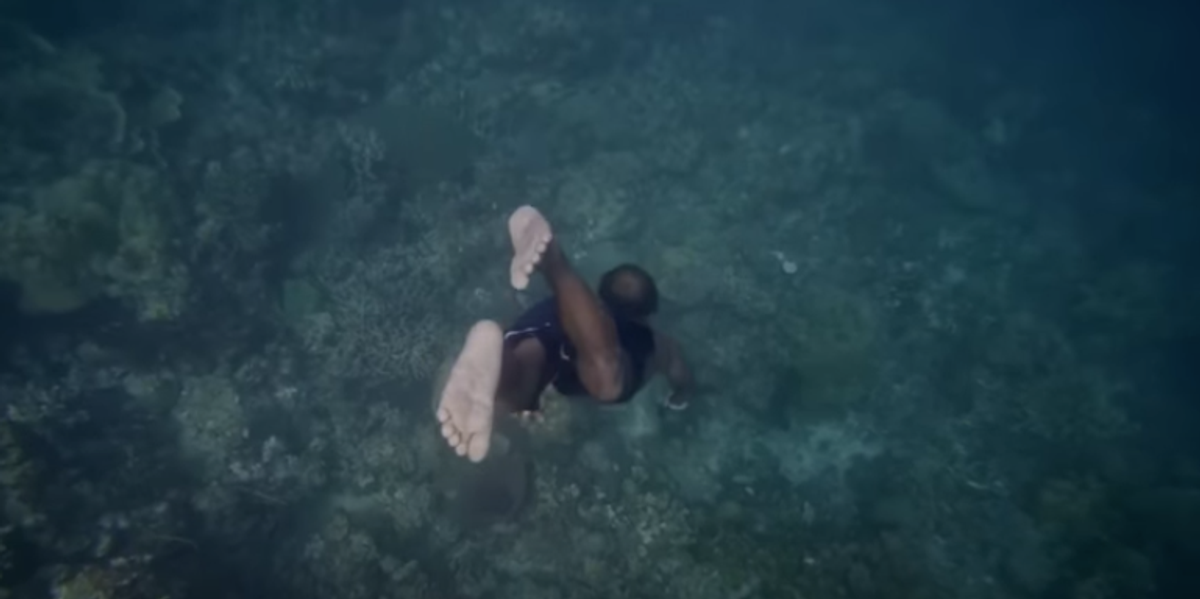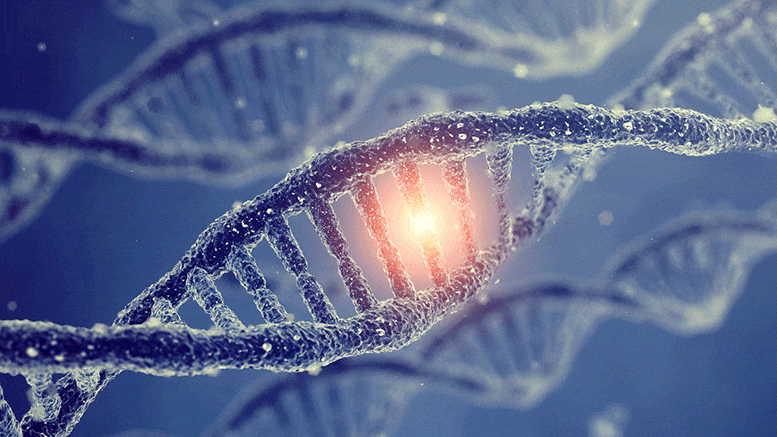Days like these...
Have a Blessed Day
I didn't know how i feel about it being called a mutation.

 www.indy100.com
www.indy100.com

Mutated tribe can swim to bottom of ocean after developing 'sea nomad gene'
The Bajau tribe of Indonesia have become the first known humans to genetically adapt to diving.The tribe live an extremely amphibious life, and have now been proven to possess the genetic makeup to do so.Living off the coasts of Indonesia for more than 1,000 years, the Bajau people live in...
 www.indy100.com
www.indy100.com





